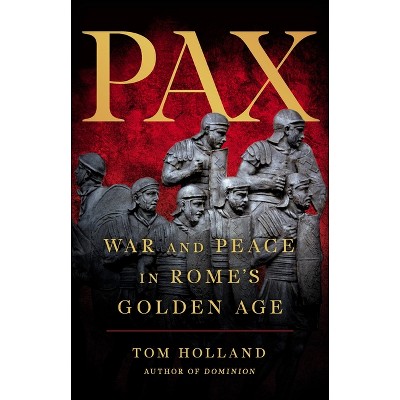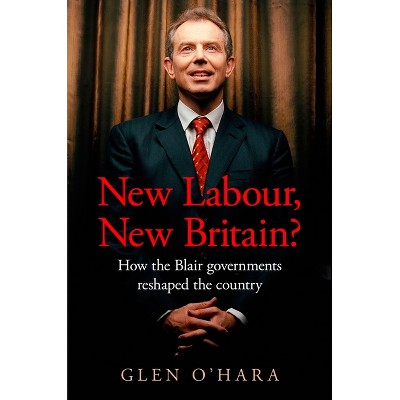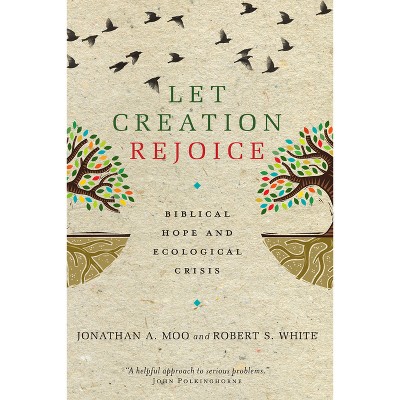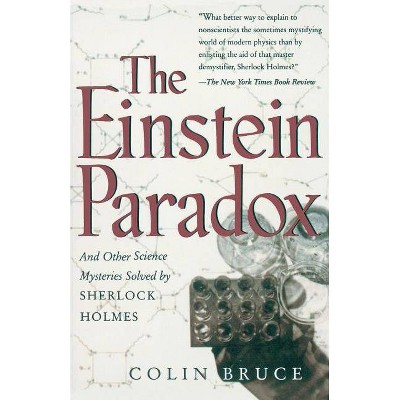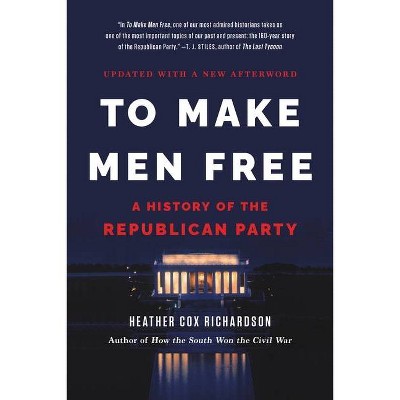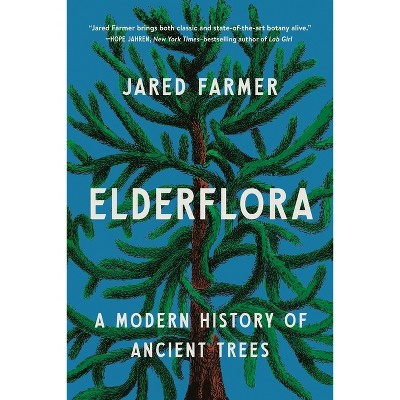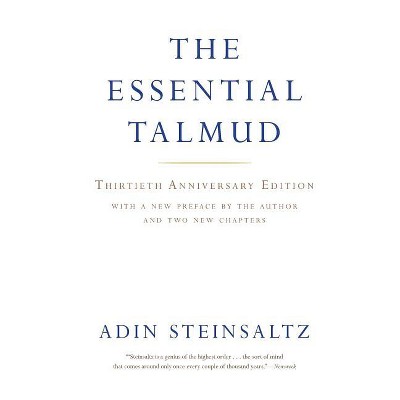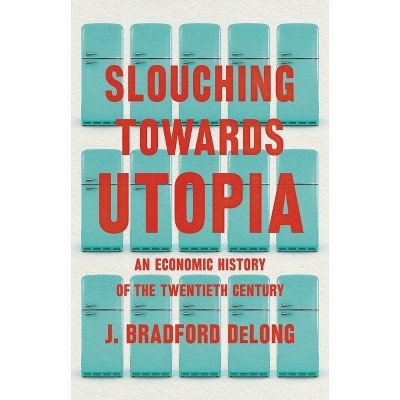Sponsored

The Story Paradox - by Jonathan Gottschall (Hardcover)
In Stock
Sponsored
About this item
Highlights
- Storytelling, a tradition that built human civilization, may soon destroy itHumans are storytelling animals.
- About the Author: Jonathan Gottschall is a distinguished research fellow in the English Department at Washington & Jefferson College.
- 272 Pages
- Social Science, General
Description
About the Book
"In 2012, Jonathan Gottschall received a strange letter from DARPA, the research and development arm of the United States Department of Defense. What could a military research program possibly want with a literary critic? The letter was an invitation to a conference for a new program called STORYNET, a plan to map how stories affect our brains and use that knowledge to craft narratives that could more effectively drive compliance with military initiatives. DARPA was trying to turn stories into weapons. Reading this invitation (which Gottschall declined), he remembered a famous proverb: The one who tells the story rules the world. Stories are fundamental to how we think, and how we change our minds. Our brains value them so highly that we often seem them even when they aren't there: when scientists showed subjects a video of simple shapes moving randomly around a screen, they interpreted the scene as a love story between two triangles. Countless books celebrate the ability of storytelling to help us think and communicate more effectively, including Gottschall's own bestselling The Storytelling Animal. But in The Story Paradox, he argues that there is a dark side to storytelling, and we ignore it at our peril. At base, stories are tools. They help us create a shared reality. But stories are also inherently manipulative and divisive: they split the world into heroes who represent something good, and villains who do not. For most of human history, this was a manageable problem. But we now find ourselves in what Gottschall calls a "story explosion," an era in which new storytelling technologies allow people to tell stories of unprecedented scale and sophistication. Virtual reality, personalized newsfeeds, stories that viewers can tailor in real time, deepfakes: these make it harder for us to deal with the ways that stories can confuse and divide us. If we're not careful, they could cause the shared reality we all depend on to collapse. The Story Paradox is a provocative and personal reckoning with the ways that storytelling lies at the heart of some of humanity's greatest threats. Gottschall explains why authoritarians like Trump rise and fall and how the media helps them, why radical ideologies are so effective at stamping out other belief systems, and how good stories compel us to accept conspiracy theories about which we should know better. When Plato envisioned the perfect state in The Republic, he saw a world in which storytellers were banned. They were simply too dangerous. The Story Paradox is a crucial counterpoint to books like Made to Stick or The Story Factor, arguing that the most urgent question we can ask ourselves now, is not: "how we can change the world through stories?" Rather, it's "how can we save the world from stories?""--Book Synopsis
Storytelling, a tradition that built human civilization, may soon destroy it
Humans are storytelling animals. Stories are what make our societies possible. Countless books celebrate their virtues. But Jonathan Gottschall, an expert on the science of stories, argues that there is a dark side to storytelling we can no longer ignore. Storytelling, the very tradition that built human civilization, may be the thing that destroys it.
In The Story Paradox, Gottschall explores how a broad consortium of psychologists, communications specialists, neuroscientists, and literary quants are using the scientific method to study how stories affect our brains. The results challenge the idea that storytelling is an obvious force for good in human life. Yes, storytelling can bind groups together, but it is also the main force dragging people apart. And it's the best method we've ever devised for manipulating each other by circumventing rational thought. Behind all civilization's greatest ills--environmental destruction, runaway demagogues, warfare--you will always find the same master factor: a mind-disordering story.
Gottschall argues that societies succeed or fail depending on how they manage these tensions. And it has only become harder, as new technologies that amplify the effects of disinformation campaigns, conspiracy theories, and fake news make separating fact from fiction nearly impossible.
With clarity and conviction, Gottschall reveals why our biggest asset has become our greatest threat, and what, if anything, can be done. It is a call to stop asking, "How we can change the world through stories?" and start asking, "How can we save the world from stories?"
Review Quotes
"[a] thoughtful and entertaining investigation on a critical question: 'How can we save the world from stories?'... Fresh insights about the ways we understand reality."--Kirkus
"In this provocative and insightful book, Jonathan Gottschall shows us why dangerous stories spread so rapidly, and how they lead to division and distrust. But our storytelling instinct can also be harnessed for good, and Gottschall draws on a trove of research and compelling stories to show us how we can stop conspiracies, bigotry, and misinformation. The Story Paradox couldn't be more urgent."--Jonah Berger, Wharton Professor and bestselling author of Contagious
"Jonathan Gottschall has written a gripping and thoughtful book on a neglected but urgent topic: the dark side of stories. With crisp prose and an array of fascinating examples, he demonstrates how our innate ability to spin tales can lead to distortion, dissolution, and destruction. The Storytelling Paradox is a bracing call to action to become more empathetic and to deploy narrative as a force for good."
--Daniel H. Pink, #1 New York Times bestselling author of When, Drive
"Jonathan Gottschall is not only the deepest thinker about the powerful role of stories in our lives, but a lively and witty writer. The Story Paradox offers much insight and many pleasures."
--Steven Pinker, Johnstone Professor of Psychology, Harvard University, and author of How the Mind Works and Rationality.
"This fascinating book explores the dark power of stories, arguing that they are an essential poison--necessary for human life, but too often a force for irrationality and cruelty. The Storytelling Paradox is provocative and original and a delight to read--and ironically enough, Jonathan Gottschall is a hell of a story teller himself."--Paul Bloom, Professor of Psychology at University of Toronto, and author of How Pleasure Works, Against Empathy, and The Sweet Spot.
"We constantly modify one another's brains, and the surgical tool we use is storytelling. In this luminous and incisive page-turner, Jonathan Gottschall takes us deep into the world of stories: what we tell, how we receive, and why it matters so deeply for our world."
--David Eagleman, Stanford neuroscientist, author of Livewired
About the Author
Jonathan Gottschall is a distinguished research fellow in the English Department at Washington & Jefferson College. He is the author of The Storytelling Animal, a New York Times Editor's Choice and finalist for the LA Times Book Prize, and The Professor in the Cage, one of the Boston Globe's Best Books of the year. He has written for or been covered in the New York Times, Scientific American, the New Yorker, the Atlantic, the Chronicle of Higher Education, and The Millions. Gottschall has also appeared on popular podcasts like Star Talk, The Joe Rogan Experience, and Radiolab. He lives in Pennsylvania.Shipping details
Return details
Frequently bought together

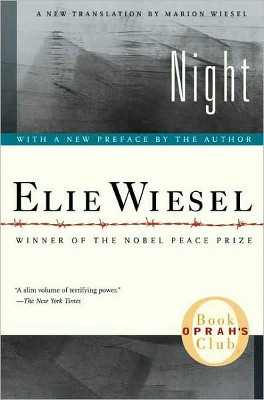


Trending Non-Fiction






Discover more options
